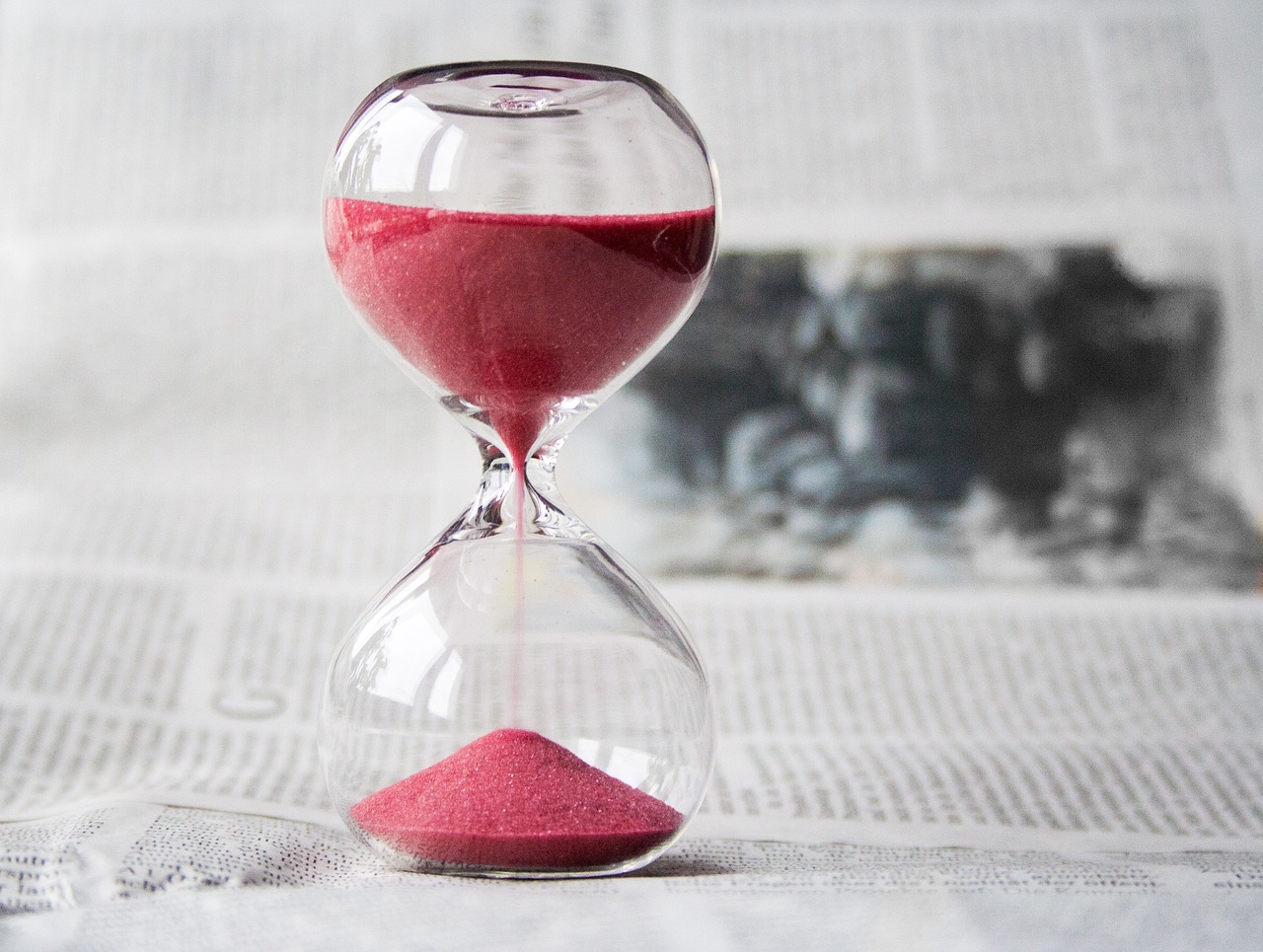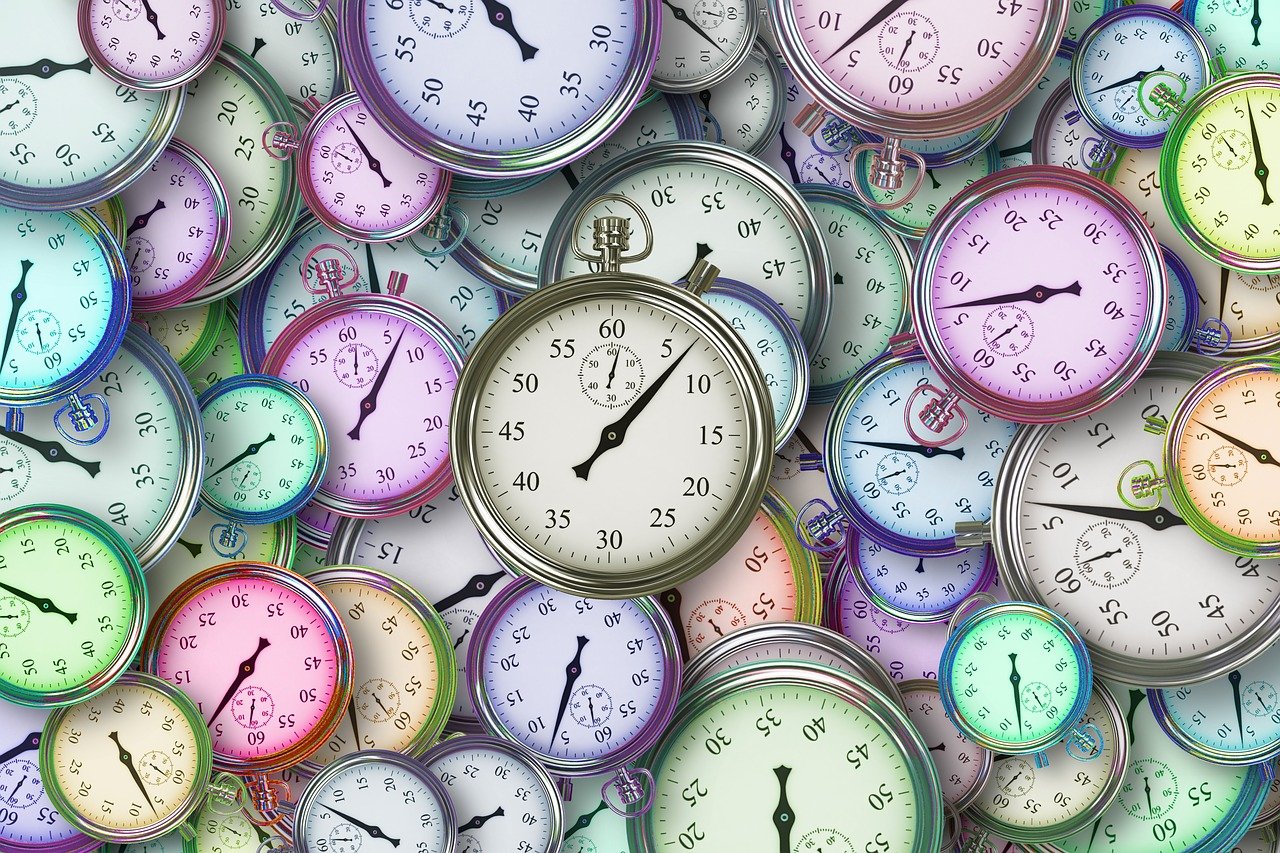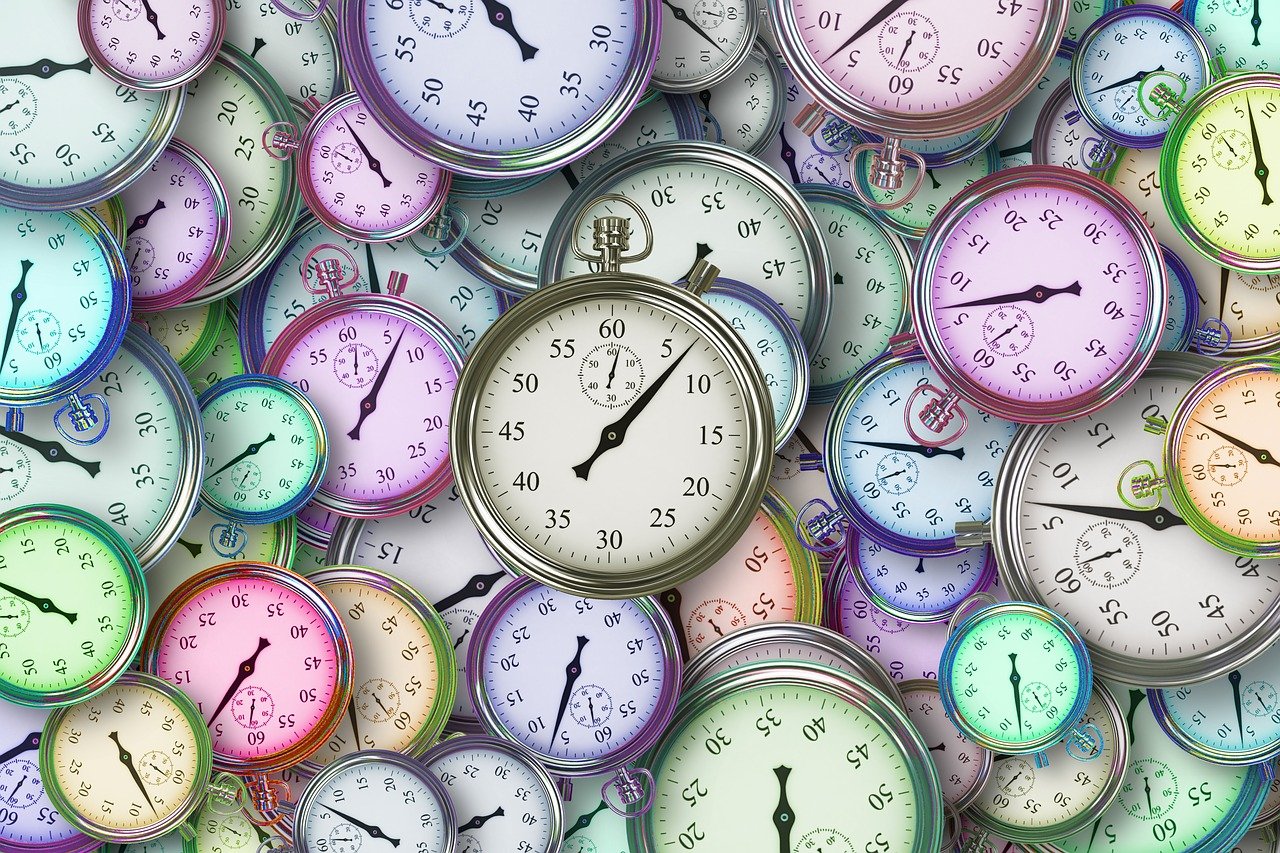You can’t get anything done with constant distractions and time-wasters. For example, if you work in an office, you’ve probably experienced the scenario where someone stops by your desk to chat for 20 minutes. You aren’t rude enough to tell them that they’re wasting your time, but you know it’s happening, and it frustrates you. You have to remove distractions and time-wasters from your life.
If you let distractions and time-wasters into your life, then they’ll quickly become a habit that’s hard to break. You can improve your productivity and make more effective use of your time by employing only some of these basic ideas.
Identify distractions and time-wasters in your life: The following are some common distractions and time-wasters that you should identify.

Tasks that are not the priority:
Some tasks are not a priority. These tasks should be removed from your To-Do List because they take away time you could use for more important items on the list. If you have things on your list that aren’t a priority, remove them to avoid wasting time on these “distractions” that you could use on other tasks.
- Be careful not to remove too many items from your list, however. If you don’t have any priority tasks on your list, start building a new To-Do List with priority tasks. You should never be without something to take care of because it leaves the “distractions” as the only option for what to do.
- Don’t overload yourself. Some people work best under pressure and try to overload themselves with too much work. They will put 20 high-priority tasks on their To-Do List instead of just 10 or 8 to feel like they are accomplishing more each day by checking off multiple things at once. This is neither effective nor efficient. It makes no sense to work harder and longer and not be able to accomplish as much as you should. If you can’t take care of 10 tasks in one day, don’t try for 20 – it will lead to failure.
- Be realistic. If your list usually has between 8 and 12 items, plan accordingly. You might not be able to complete more than 5 or 6 items a day if all the items aren’t a high priority. Do this same exercise for any other areas in life that distract you from work (even social media)
- Identify time-wasters and distractions and remove them from your life so that you spend more time completing essential tasks. This quote sums it up perfectly: “Every minute spent organizing is an additional minute that work gets done.”
Social media
Social Media are distractions that can be very tempting to explore while working on another task. Watching short videos or scrolling through pictures is relaxing, but it takes away valuable time you could be using to complete essential tasks.
- Limit social media usage while doing other work to improve studying and academic priorities.
- You can also turn off the wifi on your phone and laptop when you need to work on something important. This way, you won’t be tempted to check Facebook or Instagram every 2 minutes because it will be impossible to connect with Facebook unless you have an internet connection.
- If possible, stay offline while working so that social media is not a distraction.
Television
Like social media, television is also a distraction when other things need to get done. If you find yourself sitting for hours without working on anything, consider not having the television turned on at all.
- If you do have the TV on, only watch it when you’re too tired to continue working because it will put your brain into a state that makes it harder for you to focus on work. This is also true for listening to music or podcast as well. If you can’t get any work done with background noise, consider not having any of those things on at all.
- Remember that this advice does not mean stopping watching TV or using social media entirely – use moderation!
Phone calls
Phone calls are another distraction that wastes time. When working on something important, don’t let phone calls distract you from your task.
- Instead of constantly checking your phone when it rings or vibrates, leave it in a different room so that you won’t constantly be tempted to check messages and make calls. If your phone isn’t within reach, you’ll be less likely to pick it up when it rings.
- Don’t have your phone on while working if you can get work done without being distracted by it. Some people can use their phones while multitasking, but others need quiet to focus.
- Don’t let phone calls distract you from essential tasks if this is the case for you.
- Please turn off the ringer or put your phone somewhere you won’t see or hear it. You won’t feel tempted to stop what you’re doing to answer a call.
Family Duties

When you are trying to get work done, it’s distracting when family members constantly need something from you.
- If your family knows that you have a lot of work to do, they will try to avoid disturbing you. If it’s unavoidable for them to bother you while you’re working, ask them to wait until a break in your studying so that you can give them your full attention.
- Don’t let your daily responsibilities at home distract from what matters- getting work done. This includes household chores and taking care of children and pets. If someone needs immediate attention, talk with them about how long it will take and tell them that it would be much appreciated if they could wait until then.
- If everyone is aware of the situation and understands what needs to be done, there won’t be problems trying to accomplish tasks.
- The problem with family duties is that they are usually not urgent. You can explain to your parents or roommate(s) that you need to work on something important and cannot be bothered. If there is an emergency, they’ll find you anyway, so it should only take a few minutes for them to tell you what’s wrong.
If family members don’t respect this request, let them know that you need the first hour of each day (or 2 hours or whatever time frame works for you) to yourself to get the necessary tasks done without distractions.
Be firm about this – if everyone knows what time these must-do tasks will happen, no one will bother you because it would also help other people.
E-mails
Checking email constantly is another distraction that wastes time and creates more stress instead of relieving it.
- If you constantly check your email while doing work, consider only checking and replying at set times of the day to avoid constant distractions. Only check and reply to emails when you’re not busy with something else.
- This way, you won’t have to waste time switching from one task to another when new messages come in. Instead, you can focus on one thing at a time to get more done.
- Set aside specific periods throughout the day for checking and replying to e-mails so that you will not get distracted by new messages coming in constantly.
- Only check email once or twice a day because it’s important not to let e-mails control your life if they aren’t urgent issues.
Your phone
Time-wasters are activities that waste time but provide no benefit to your life. This includes watching TV or playing video games, mindlessly surfing the internet, or even sitting around and doing nothing for hours. These activities decrease long-term happiness because they do not increase happiness in the present moment nor create any lasting meaning for your life. Furthermore, these activities can quickly spiral out of control into full-blown addictive behaviors, which cause you to spend large chunks of time wasted on these single-purpose tasks every day. To remove distractions from your phone, follow the below tips:
- Remove news feeds and social media apps: These apps constantly push content into your home screen. These constant updates make it difficult to understand what is going on in your life. If you constantly check these apps, follow the steps below to remove them from your phone altogether.
- Disable notifications: The notification feature for almost all applications provides alerts when new messages or updates are available to view. Disabling this feature makes it impossible for anyone other than yourself to know when something has happened unless you visit the application’s website directly. To disable this setting, go into the settings menu of each application (e.g., Facebook) and turn off “notifications.”
- Practice time boxing (20 minutes): Scheduling time to do a task forces you to prioritize other activities and follow through on the task. If you find yourself constantly procrastinating by surfing the internet, schedule a specific time each day (e.g., 1 hour after waking up and before starting work) and then turn off your phone for that period. Resist the urge to check your social media apps even if they are open in your browser’s tabs!
- Delete games: Some people use video games to escape reality, but this is another form of addiction that can damage relationships and career prospects if left unchecked. People who play video games every day spend almost 10% of their waking hours playing them – more than enough time wasted! If you feel like you cannot stop playing games, delete them from your phone and do not purchase any new ones in the future.
- Unnecessary applications: Unnecessary applications waste time both when downloading and learning how to use them. If you constantly use a particular app, it is worth considering whether the task could be automated instead (e.g., using a web browser). Most free apps come with hidden costs, such as tracking your location or sending you advertisements.
- Set a limit on the amount of time you spend every day on your phone. This will keep you from spending large chunks of time staring at your screen instead of being productive with your time.
- To be productive, use this app to track how much time you spend scrolling through social media or surfing the internet to improve it in the future. Once again, set a limit for daily use.
Time wasters

Some distractions do not take away from time that could be used for other tasks, but they are still essential to remove. For example, if you spend your day trying to get ahead on homework and cannot get any work done because of constant interruptions, it would be good to limit the amount of time spent doing school-related work in a particular span.
- Try getting everything done within a few hours a night or a few hours every weekend instead of postponing things constantly because you keep having “distractions.” However, suppose you waste time because you procrastinate or are easily distracted. In that case, it might be better to start studying for an hour every day so that the work is done promptly, even though you cannot seem to focus during long study sessions.
- If possible, try not to schedule social activities too early in the day. If you spend your morning at home alone before going anywhere else, it will be easier for you to get more done without distractions.
These are a few tips on removing distractions and time-wasters while working or studying so that you can stay focused and get more done. Remember, finishing tasks quickly does not mean rushing through them – be sure to take your time when necessary, so nothing gets finished sloppily!



